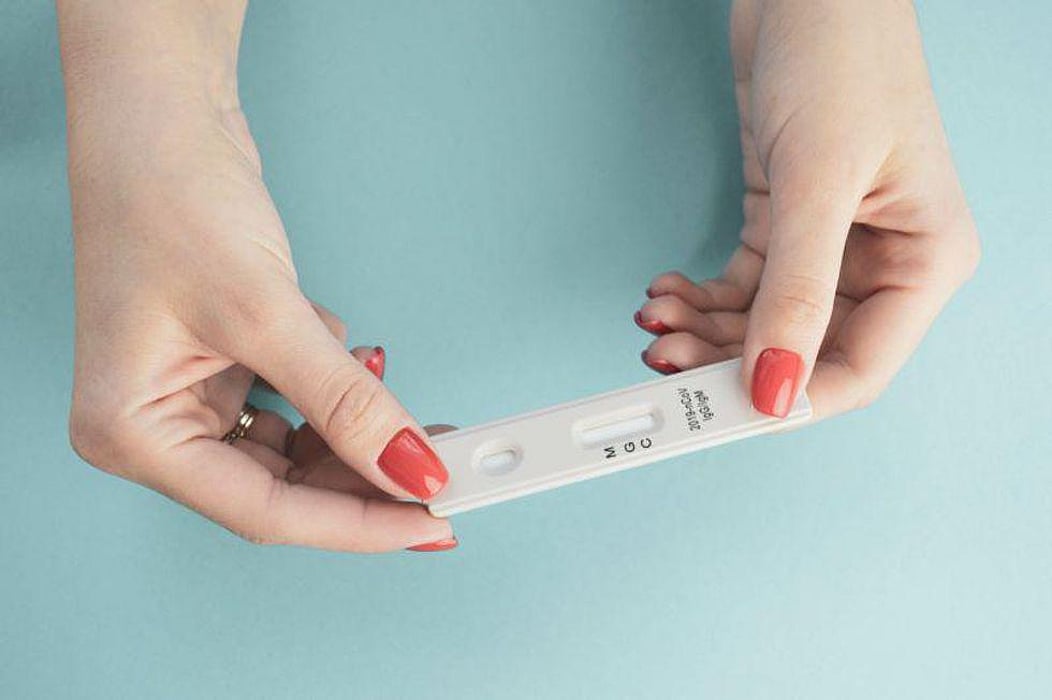Many COVID-19 Home Test Users May Act on Quarantine Inappropriately

MONDAY, Feb. 14, 2022 (HealthDay News) -- At-home COVID-19 self-test kit users who rely on the U.S. Food and Drug Administration-authorized instructions may not follow the U.S. Centers for Disease Control and Prevention quarantine recommendations, according to a study published online Jan. 31 in JAMA Internal Medicine.
Steven Woloshin, M.D., from the Dartmouth Institute for Health Policy and Clinical Practice in Lebanon, New Hampshire, and colleagues assessed how users of at-home COVID-19 self-test kits interpret and act on results when given instructions. The analysis included 338 U.S. adults randomly assigned to one of three instruction types and were presented with one of four risk scenarios.
The researchers found that given a positive test result, 95 percent of participants appropriately chose to quarantine, regardless of which instructions they had received. For participants given a negative test result but with high pretest probability scenarios, there was a higher likelihood of failing to quarantine appropriately with the authorized instructions (33 percent) versus with the intervention (14 percent) or control (24 percent). The proportion choosing unnecessary quarantine in the low pretest probability scenario was higher with the authorized instructions (31 percent) than with the intervention (22 percent) or control (10 percent), although neither comparison was statistically significant.
"Redesigned instructions that follow decision science principles may improve compliance," the authors write.
Related Posts
Americans Are Prioritizing Mental Health, With New 988 Hotline There to Help
MONDAY, Oct. 10, 2022 (HealthDay News) -- As the 988 crisis line debuts across...
National Cancer Institute Director Monica Bertagnolli Reveals She Has Breast Cancer
WEDNESDAY, Dec. 14, 2022 (HealthDay News) -- The new director of the U.S....
La temporada de la gripe actual de Australia es dura. ¿Será igual en EE. UU.?
JUEVES, 4 de agosto de 2022 (HealthDay News) -- Mientras la peor temporada de...
Could You Spot and Save a Person Drowning?
SATURDAY, June 4, 2022 (HealthDay News) -- When you're at a beach or pool, would...
